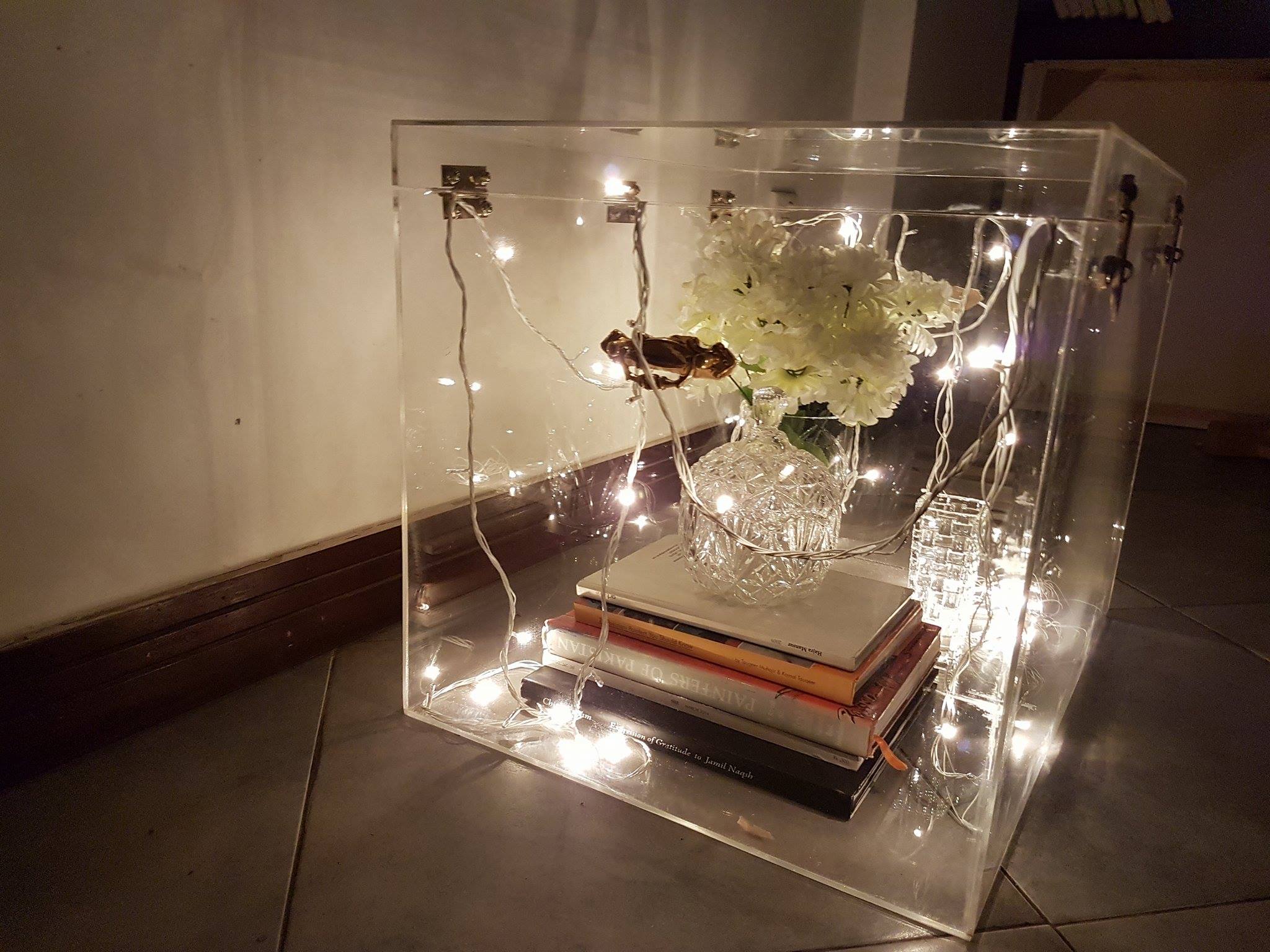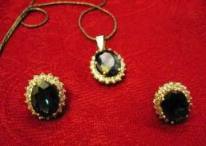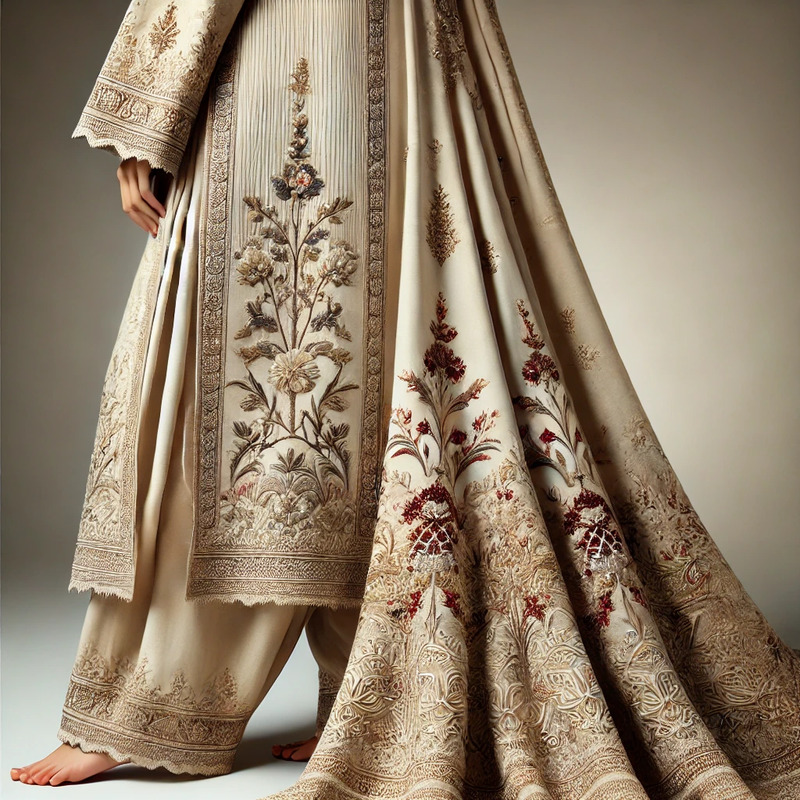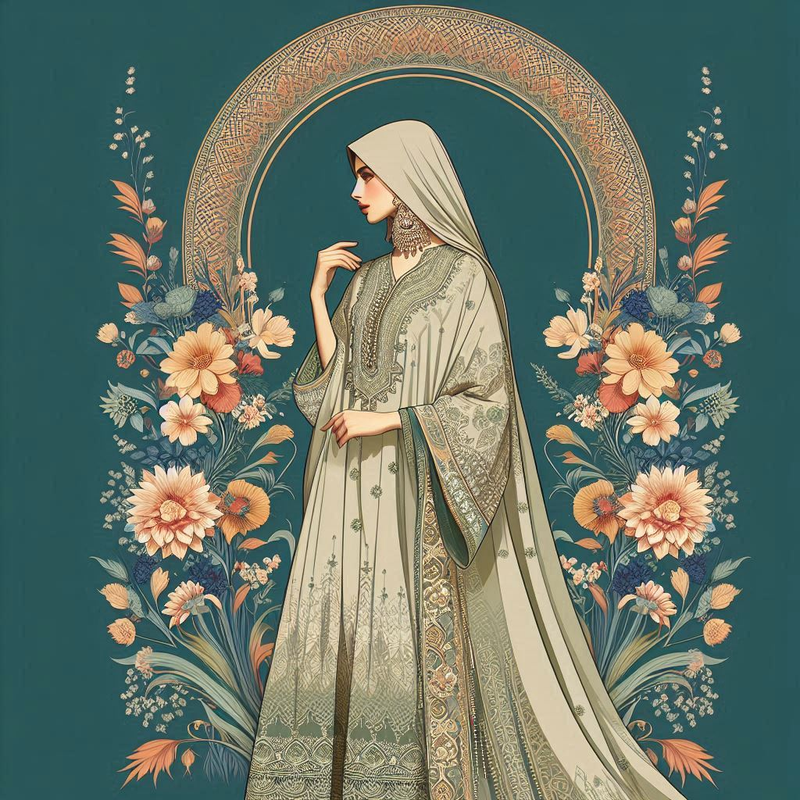Women Entrepreneurs and Industrialists
How Women are Making Headway in Creating Economic Development of Pakistan
Entrepreneurship is globally recognized as the main engine of growth for any economy - be it matured or emerging markets. Pakistan Entrepreneurs have been one of the most resilient and creative type, making headway on their own initiatives.
Within this is the SME - the small and medium enterprise - sector. This segment provides roughly for the 70% of the growth of any economy. Having said that, when viewed from women's perspective, it remains highly under-served even in the more matured markets.
As the laws of nature will have it, these enterprises carve their own path and find opportunities even in adverse situations. With limited resources, this results in concentration of expertise in certain segments thereby creating 'clusters'.
Women of Pakistan have certain 'favorite' businesses that we will discuss under the 'products 'n' trades' section. These are actually naturally formed clusters. Our endeavor is to consolidate these clusters and slowly develop bases for larger exportable quantities in each cluster.
The business structures and trade types differ from other parts of the world, mainly due to the great urban-rural divide and restricted access to markets.
Even in the most advanced cities of Pakistan like Karachi - the business hub - Lahore and Islamabad, there remains a dearth of well established distribution channels.
Mostly, urban entrepreneurs do design development and merchandising and then engage the services of rural women artisans to produce the goods. This adds the rustic charm and traditional beauty to the products but outreach remains limited.
 |
 |
In exhibitions and trade shows in neighboring countries huge numbers of visitors are attracted and eager to buy these goods. The need remains in building of channels that can regularly provide the much needed buying support to keep the trade cycle running smoothly.
Although many women have been exporting their products to various international markets, there still remains a need for global outreach. Exportable quantities and quality assurances remain the main constraints. Though it may be borne in mind that as these are not mass produced items, the quality assurance parameters, if applied here would be quite misplaced.
Most of the outside world has no idea what they are missing as they haven't seen these fantastic crafts. So, we intend to bring these trades, arts and crafts for the world to see.
What's more, with this portal, there will be the possibility to create linkages within the country as well as across borders, for the uptake of these products.
Business Locations and Structures
Pakistan' Entrepreneurs business types range from home-based business owners or WAHMs (work at home moms) to small manufacturing unit owners. The most common are sole proprietorship models. Here, of course, we have to acknowledge the hundreds of cottage-industry based rural experts - some have managed to work collectively.
The creativity and design development of this segment have been unique though their product development methodologies may not be as well defined as those of developed countries.
While most of the conventional businesses manufacture outsourced products, best suited for budget stores, products designed by women are usually more stylish and for the middle to higher-end markets. The designs are usually exclusive and being handmade, are not mass produced.
We would love to hear from you if there is any segment or product you would like to get included.
Industrialists
Women of Pakistan, as Industrialists, are heading large industrial units in the capacities of members Board of Directors, CEOs and Group Managing Directors. These industrialists usually represent family owned businesses. However, their active participation in their respective fields is on an equal footing as their male counter-parts and relatives.
The industrial units operate on more well developed business models having larger teams to support supply chain, manufacturing, distribution and exports.
Products 'n' Trades of Pakistan Entrepreneurs
Click on the link below to enter the realm of the product range and trades that are the niche areas for women owned businesses.
Here we have tried to focus on the mid-tier level, that can access both grass-root level cottage industry on one side and the local (and global markets) on the other side, providing outreach and building channels.
- Home ›
- Women Entrepreneurs ›
- Products and Trades


